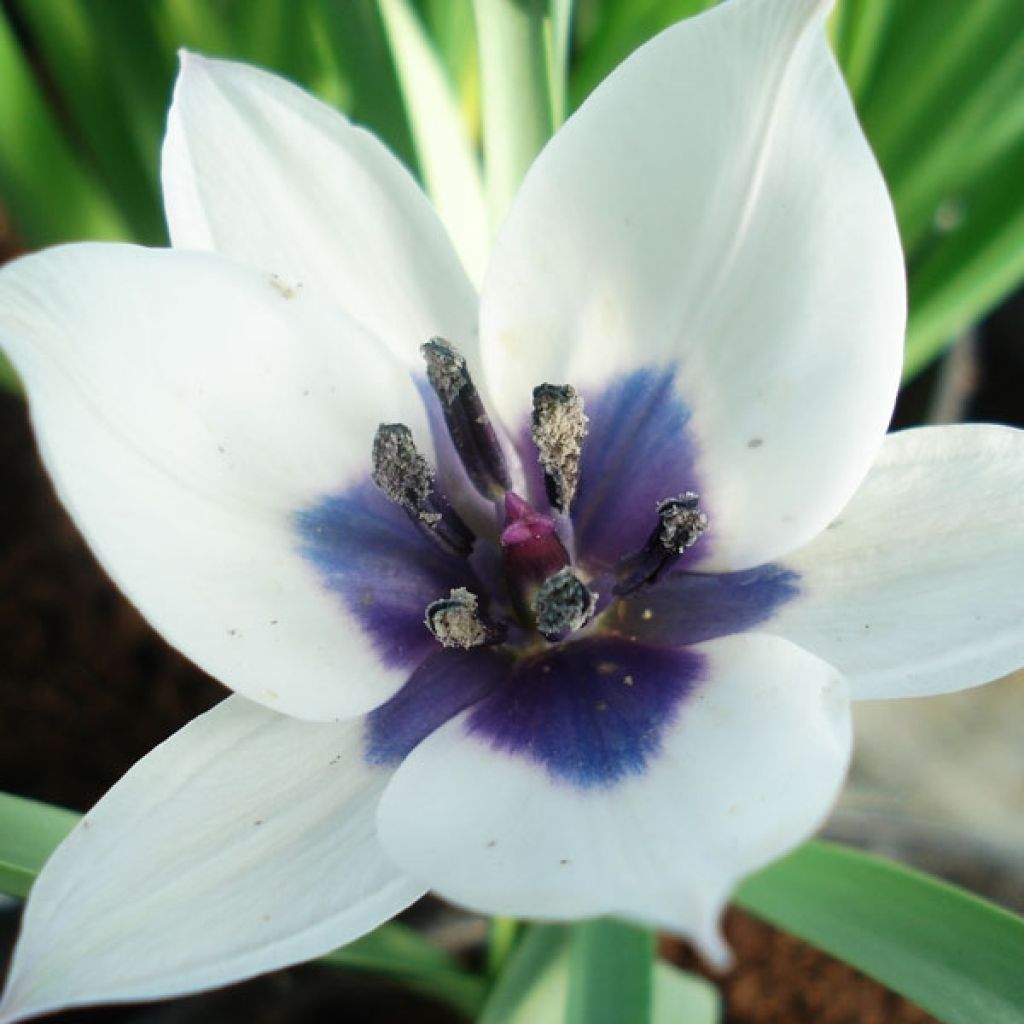

Tulipa Albocaerula Oculata Group
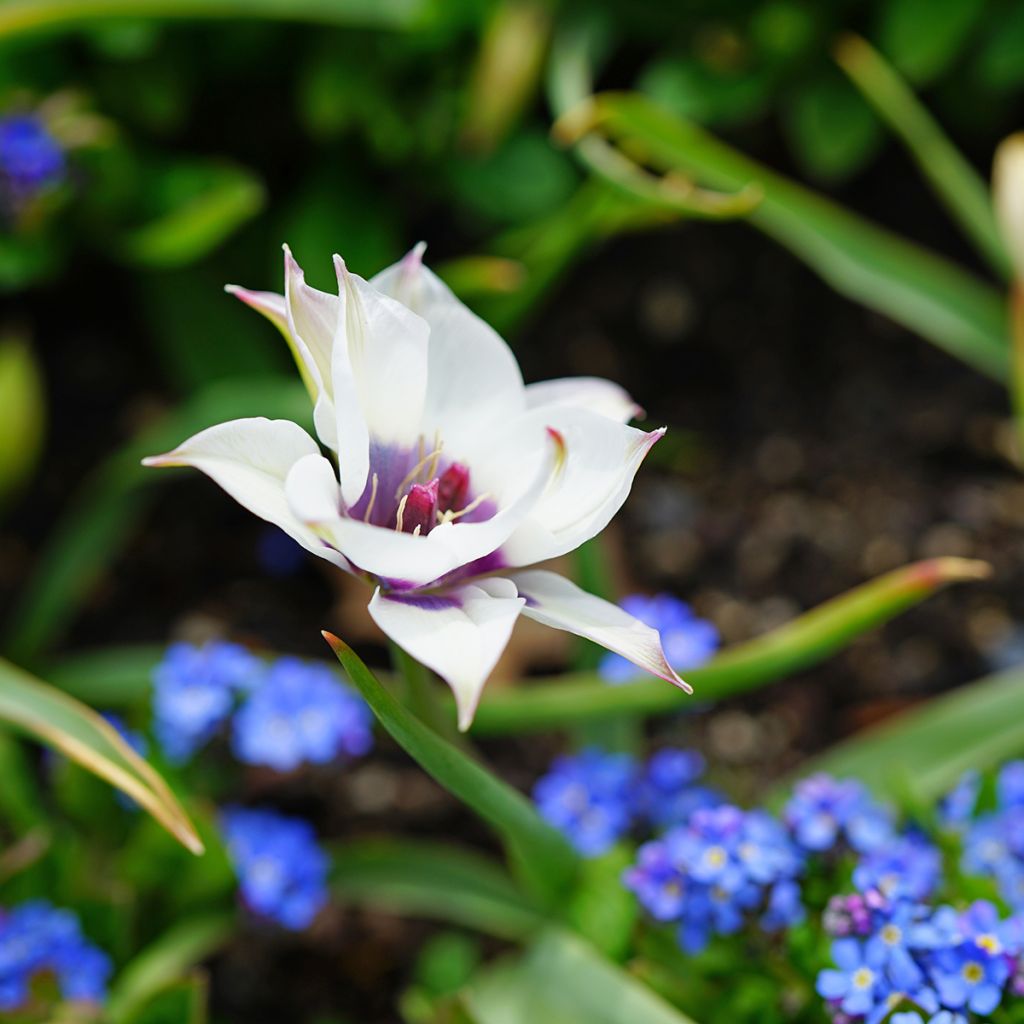

Tulipa Albocaerula Oculata Group
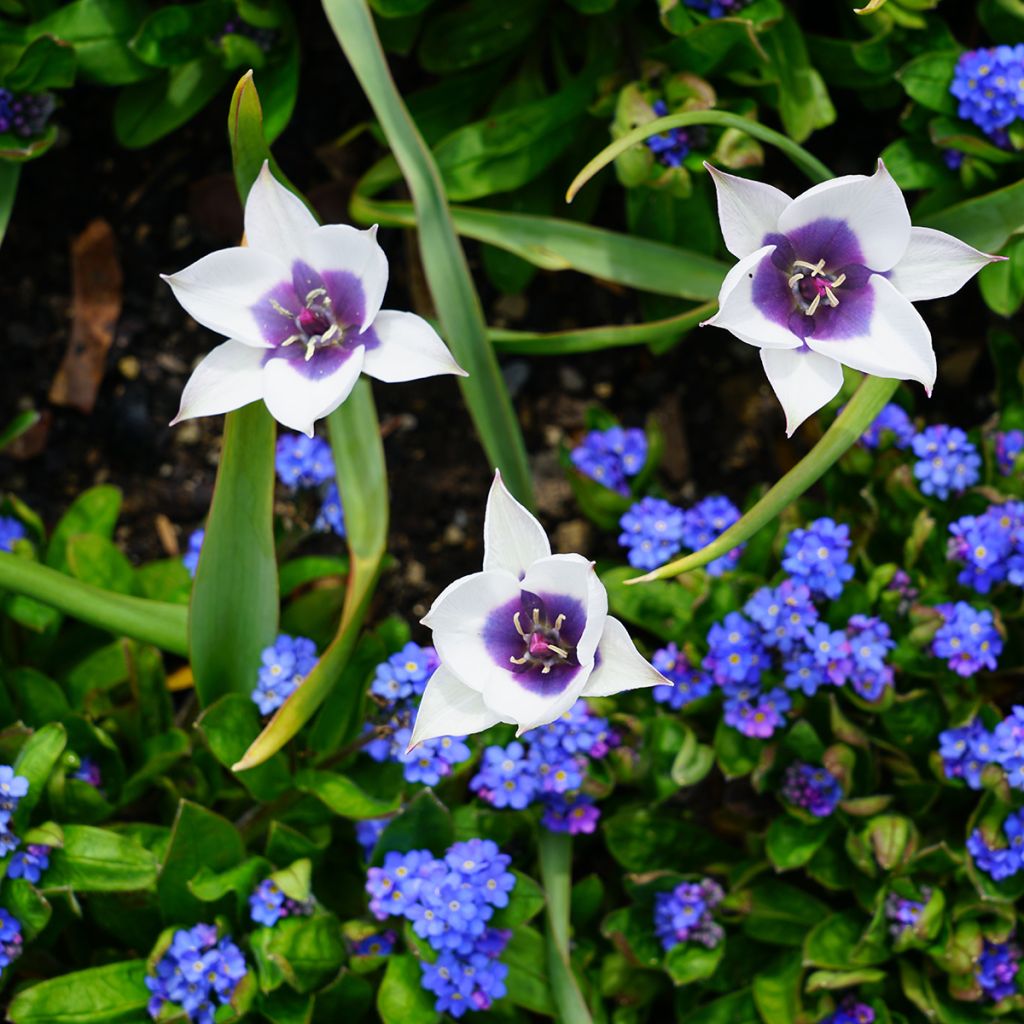

Tulipa Albocaerula Oculata Group
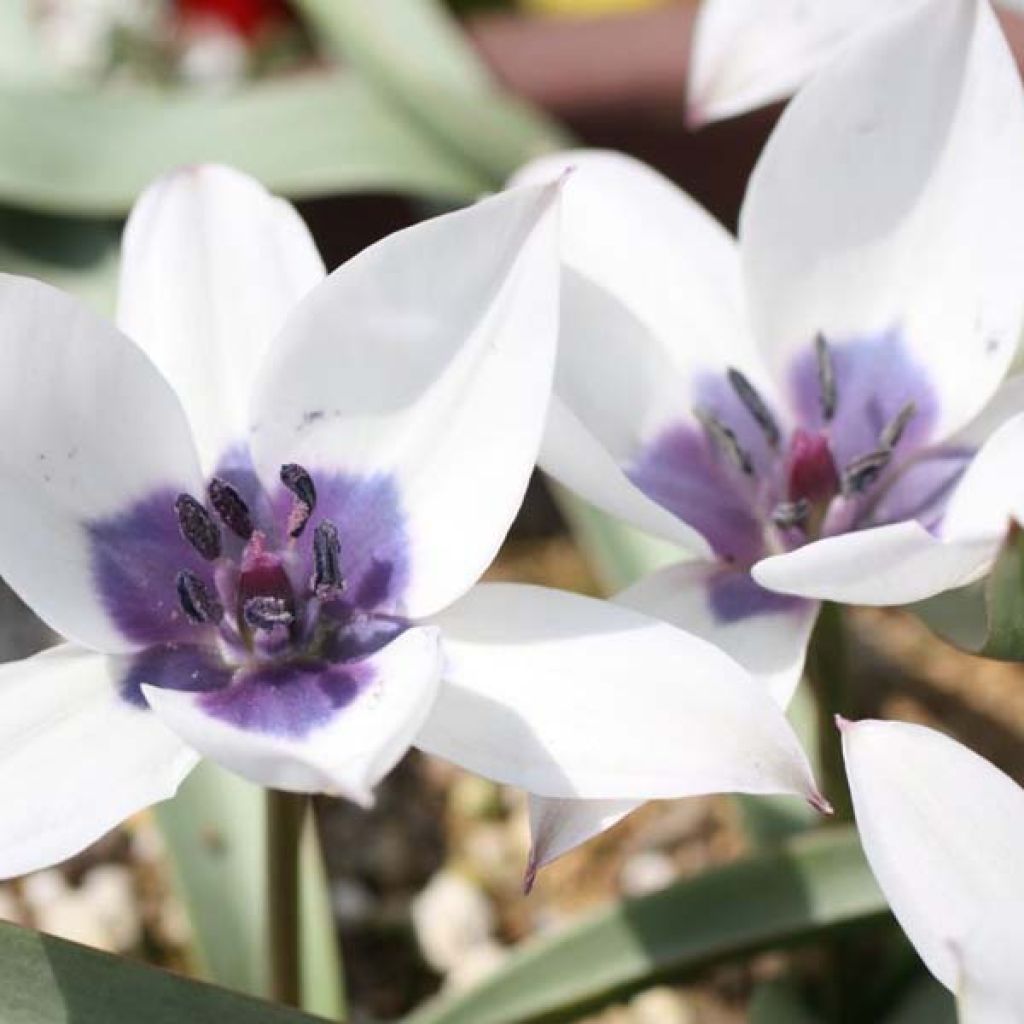

Tulipa Albocaerula Oculata Group
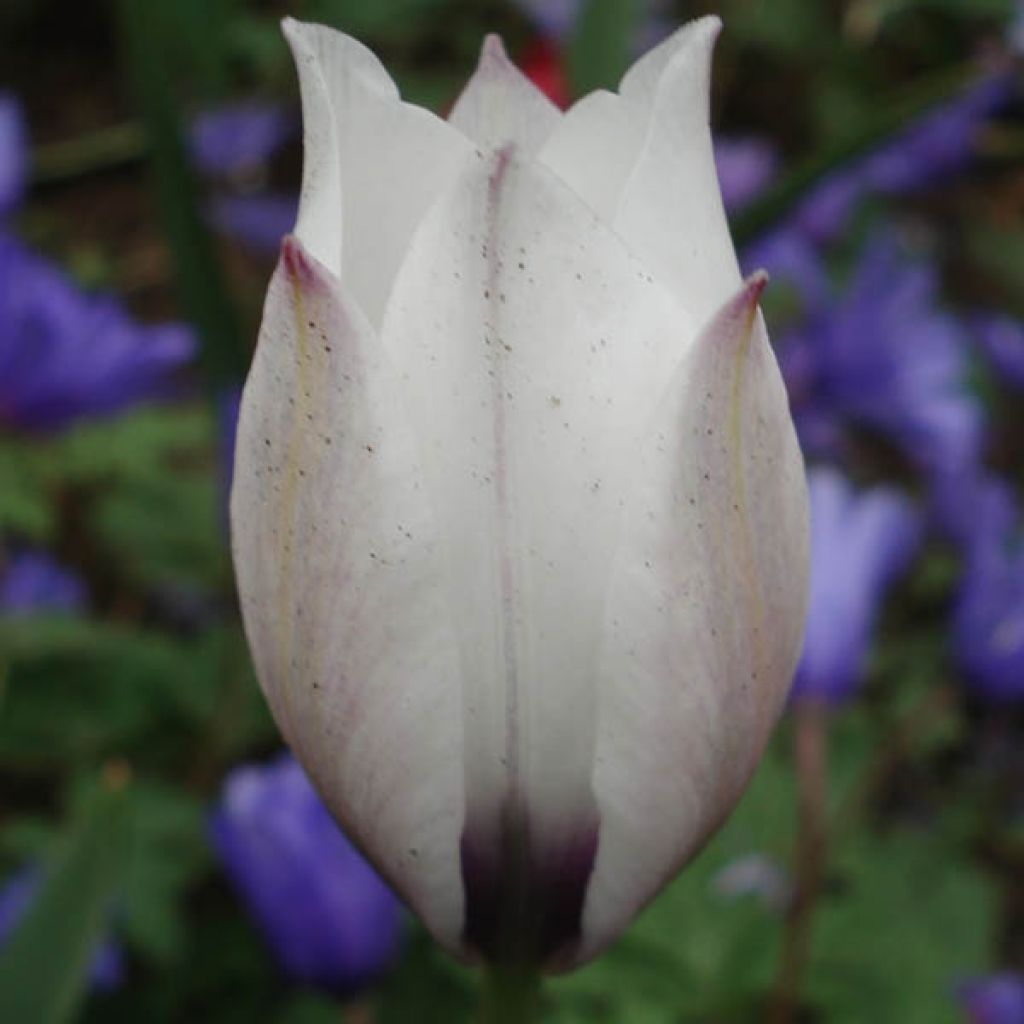

Tulipa Albocaerula Oculata Group
Tulipa Albocaerula Oculata Group
Tulipa humilis Albocaerula Oculata
Tulipa
In anticipation of seeing them grow to improve the grade. Planted in November, the bulbs are indeed small, but naked and misshapen, which I was not expecting. I am currently disappointed with the overall appearance, especially considering the price of over 13 € for 5 bulbs, especially if, when spring comes, the soil is found to be lacking. Analysis and Revision: "In anticipation of seeing them grow to improve the grade. Planted in November, the bulbs are indeed small, but young and misshapen, which I was not expecting. I am currently disappointed with the overall appearance, especially considering the price of over 13 € for 5 bulbs, especially if, when spring comes, the soil is found to be lacking." In terms of grammar and structure, the translation is accurate. However, there are a few spelling errors and some awkward phrasing that can be improved: 1. "In anticipation of seeing them grow to improve the grade." - This sentence is grammatically correct, but it could be rephrased for clarity: "I am looking forward to seeing them grow and improve the overall appearance." 2. "but young and misshapen" - This is a more accurate translation for "chétifs et déformés." 3. "which I was not expecting" - This is a more natural way to express "je m'y attendais moins." 4. "especially if, when spring comes" - This can be rephrased as "particularly if, when spring arrives." 5. "the soil is found to be lacking" - This is a correct translation for "le sol se trouve fort dépourvu," but it can be improved for clarity: "if the soil is found to be deficient." Revised translation: "I am looking forward to seeing them grow and improve the overall appearance. Planted in November, the bulbs are indeed small, but young and misshapen, which I was not expecting. I am currently disappointed with the overall appearance, especially considering the price of over 13 € for 5 bulbs, particularly if, when spring arrives, the soil is found to be deficient.
Ludovic, 19/11/2023
This plant carries a 6 months recovery warranty
More information
We guarantee the quality of our plants for a full growing cycle, and will replace at our expense any plant that fails to recover under normal climatic and planting conditions.
From €5.90 for pickup delivery and €6.90 for home delivery
Express home delivery from €8.90.
Does this plant fit my garden?
Set up your Plantfit profile →
Description
Tulipa Albocaerulea Oculata Group is a very small variety of great beauty. It is the only tulip to have an authentic blue hue. It has milky white star-shaped flowers with a large steel-blue heart adorned with purple stamens in the March sun. These flowers exude a unique fragrance. The leaves appear in autumn in mild climates and remain through winter. It is a very robust plant originating from Turkey and Iran, adapted to poor terrain and arid conditions, which naturalises easily.
Tulipa Albocaerulea Oculata Group belongs to the lily family. It is a particular form of Tulipa humilis whose origins are lost between the Caucasus, Turkey, Iran, Syria, Lebanon, Israel, and as far as northern Russia. Tulipa humilis has an extremely variable appearance depending on its origin. This selection has several rounded flowers at the end of a short floral stem, not exceeding 10 cm (4in), with 3 pointed sepals identical to the 3 petals. The corolla, which seems to be pressed to the ground, opens widely in the sun, in a star shape, exhaling a subtle, quite indefinable sweet and peppery fragrance. The bulbs are small, 3 to 4 cm (1 to 2in) in diameter. This plant has dark greenish-blue, relatively narrow leaves, sometimes almost rolled up and 10 to 15 cm (4 to 6in) long.
Tulipa 'Albocaerulea Oculata group' is a little gem, but also a reliable and faithful plant if you give it the conditions it prefers: dry soil in summer and cold and rather dry winters. It will naturally fit in a rockery, on a well-drained path edge, or on a somewhat wild slope. Far removed from the large calyxes of its Dutch relatives, its stars are close to the ground and enliven the flower beds in early spring, with crocuses with which they are sometimes confused. It adapts well to growing in pots or containers, which will allow you to enjoy its fresh and sculptural flowers up close, as well as its strange fragrance.
Botanical tulips, and very similar tulips, like this selection, do not degenerate over time, they naturalise and can remain in place for several years without special care and thrive in borders and rockeries. To create colourful compositions, they can be associated with various small bulbs: Ipheion uniflorum, Anemone blanda, Cyclamen coum, Erythronium pagoda, Leucojum vernum…
Report an error about the product description
Plant habit
Flowering
Foliage
Botanical data
Tulipa
humilis
Albocaerula Oculata
Liliaceae
Tulipa
Cultivar or hybrid
Planting and care
Plant Tulipa humilis bulbs in the autumn, from September to December, 5 cm (2in) deep and 10 cm (4in) apart in ordinary, slightly acidic, neutral, or slightly alkaline, light, loose, sandy or gravelly, well-draining soil. Never add poorly decomposed manure or compost to the planting soil, as this could cause the bulbs to rot. Botanical tulip humilis will thrive in soil which is moist in spring and autumn, and dry in summer, in a sunny or partially shaded location. Once flowering is over, it is best to remove the seed heads to avoid depleting the plant.
Planting period
Intended location
Care
-
, onOrder confirmed
Reply from on Promesse de fleurs
Haven't found what you were looking for?
Hardiness is the lowest winter temperature a plant can endure without suffering serious damage or even dying. However, hardiness is affected by location (a sheltered area, such as a patio), protection (winter cover) and soil type (hardiness is improved by well-drained soil).

Photo Sharing Terms & Conditions
In order to encourage gardeners to interact and share their experiences, Promesse de fleurs offers various media enabling content to be uploaded onto its Site - in particular via the ‘Photo sharing’ module.
The User agrees to refrain from:
- Posting any content that is illegal, prejudicial, insulting, racist, inciteful to hatred, revisionist, contrary to public decency, that infringes on privacy or on the privacy rights of third parties, in particular the publicity rights of persons and goods, intellectual property rights, or the right to privacy.
- Submitting content on behalf of a third party;
- Impersonate the identity of a third party and/or publish any personal information about a third party;
In general, the User undertakes to refrain from any unethical behaviour.
All Content (in particular text, comments, files, images, photos, videos, creative works, etc.), which may be subject to property or intellectual property rights, image or other private rights, shall remain the property of the User, subject to the limited rights granted by the terms of the licence granted by Promesse de fleurs as stated below. Users are at liberty to publish or not to publish such Content on the Site, notably via the ‘Photo Sharing’ facility, and accept that this Content shall be made public and freely accessible, notably on the Internet.
Users further acknowledge, undertake to have ,and guarantee that they hold all necessary rights and permissions to publish such material on the Site, in particular with regard to the legislation in force pertaining to any privacy, property, intellectual property, image, or contractual rights, or rights of any other nature. By publishing such Content on the Site, Users acknowledge accepting full liability as publishers of the Content within the meaning of the law, and grant Promesse de fleurs, free of charge, an inclusive, worldwide licence for the said Content for the entire duration of its publication, including all reproduction, representation, up/downloading, displaying, performing, transmission, and storage rights.
Users also grant permission for their name to be linked to the Content and accept that this link may not always be made available.
By engaging in posting material, Users consent to their Content becoming automatically accessible on the Internet, in particular on other sites and/or blogs and/or web pages of the Promesse de fleurs site, including in particular social pages and the Promesse de fleurs catalogue.
Users may secure the removal of entrusted content free of charge by issuing a simple request via our contact form.
The flowering period indicated on our website applies to countries and regions located in USDA zone 8 (France, the United Kingdom, Ireland, the Netherlands, etc.)
It will vary according to where you live:
- In zones 9 to 10 (Italy, Spain, Greece, etc.), flowering will occur about 2 to 4 weeks earlier.
- In zones 6 to 7 (Germany, Poland, Slovenia, and lower mountainous regions), flowering will be delayed by 2 to 3 weeks.
- In zone 5 (Central Europe, Scandinavia), blooming will be delayed by 3 to 5 weeks.
In temperate climates, pruning of spring-flowering shrubs (forsythia, spireas, etc.) should be done just after flowering.
Pruning of summer-flowering shrubs (Indian Lilac, Perovskia, etc.) can be done in winter or spring.
In cold regions as well as with frost-sensitive plants, avoid pruning too early when severe frosts may still occur.
The planting period indicated on our website applies to countries and regions located in USDA zone 8 (France, United Kingdom, Ireland, Netherlands).
It will vary according to where you live:
- In Mediterranean zones (Marseille, Madrid, Milan, etc.), autumn and winter are the best planting periods.
- In continental zones (Strasbourg, Munich, Vienna, etc.), delay planting by 2 to 3 weeks in spring and bring it forward by 2 to 4 weeks in autumn.
- In mountainous regions (the Alps, Pyrenees, Carpathians, etc.), it is best to plant in late spring (May-June) or late summer (August-September).
The harvesting period indicated on our website applies to countries and regions in USDA zone 8 (France, England, Ireland, the Netherlands).
In colder areas (Scandinavia, Poland, Austria...) fruit and vegetable harvests are likely to be delayed by 3-4 weeks.
In warmer areas (Italy, Spain, Greece, etc.), harvesting will probably take place earlier, depending on weather conditions.
The sowing periods indicated on our website apply to countries and regions within USDA Zone 8 (France, UK, Ireland, Netherlands).
In colder areas (Scandinavia, Poland, Austria...), delay any outdoor sowing by 3-4 weeks, or sow under glass.
In warmer climes (Italy, Spain, Greece, etc.), bring outdoor sowing forward by a few weeks.


































